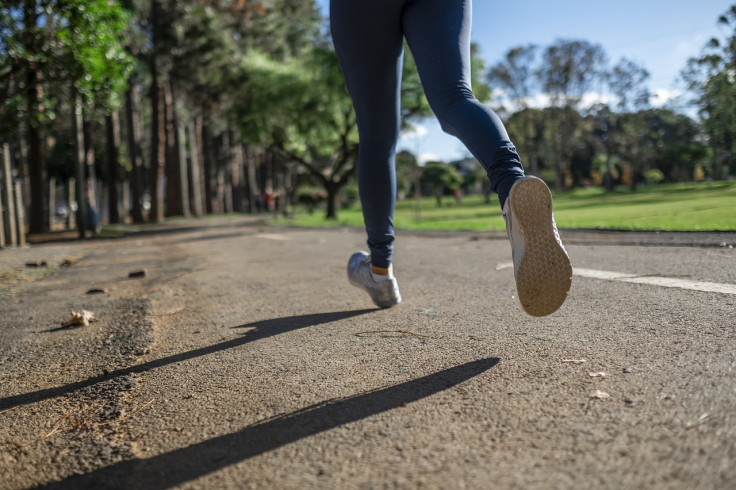
Even if your weekdays are too busy for workouts, there's good news: a recent study revealed that you can still lose weight if you catch up on exercise during weekends.
The researchers suggest a new approach to fitness called the "weekend warrior," where exercising just one or two days during the weekend can provide comparable benefits.
The current WHO guidelines recommend engaging in at least 150 minutes of moderate physical activity a week for adults and an average of 60 minutes for children and adolescents. However, meeting the recommended levels of activity is often challenging in a fast-paced life.
The study published in the research journal Obesity suggests that individuals categorized as "weekend warriors" — those who concentrate their exercise into one or two days a week — can still achieve comparable weight loss to those who exercise regularly, as long as they meet the recommended goals.
"The weekend warrior pattern is worth promoting in individuals who cannot meet the recommended frequency in current guidelines," Lihua Zhan, a corresponding author of the study said in a news release.
The researchers looked into data from more than 9,600 participants in the National Health and Nutrition Examination Survey from 2011 to 2018. The participants were aged from 20 to 59.
Using a non-invasive and easily accessible body composition scan called dual-energy x-ray absorptiometry (DXA), researchers measured the abdominal and overall body fat of the participants. They also took standard measurements of their body size.
The physical activity levels of the participants were collected through a questionnaire. Participants were then categorized as inactive, weekend warriors (exercising intensely on one or two days a week), and regularly active. Using linear regression models, researchers estimated the associations between physical activity patterns and adiposity indicators.
"Results showed that 772 participants reported the weekend warrior pattern and 3,277 reported the regularly active pattern. Compared to the 5,580 inactive participants, both the weekend warrior and regular active groups had lower DXA-measured abdominal adiposity, waist circumference, whole-body fat mass, and body mass index. These two groups were also younger, more likely to be non-Hispanic White, have higher educational backgrounds, and less likely to be unemployed or to have hypertension or diabetes," the news release stated.
Zhan hopes the findings would benefit employees who need to sit for long hours as part of their jobs. "Those people are struggling to catch up in their exercise plan in daily life to offset the hazard of a sedentary lifestyle but have less free time to get to the gym. Our study could offer them an alternative choice to keep fit," said Zhang.







